Our Research
Current Projects
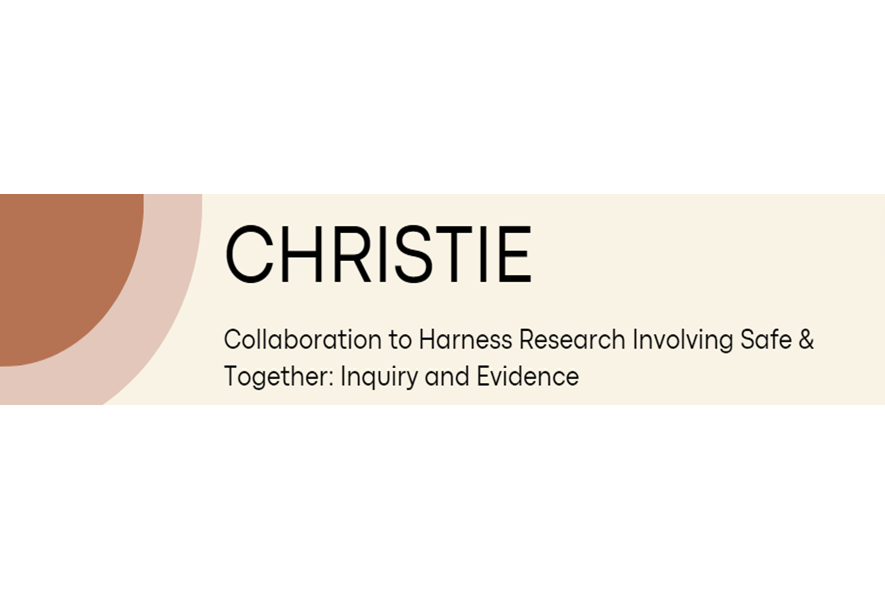
Collaboration to Harness Research Involving Safe & Together: Inquiry and Evidence (CHRISTIE)
CHRISTIE is an action research project which will extend the evidence base about effective interagency work for children, young people and families impacted by domestic violence so that they experience service systems that work as collaborative partners to keep children safe and together with non-offending ...

Whole of family approaches for addressing family violence: An Aboriginal lens on the Safe & Together Framework
This project is exploring whole of family approaches to addressing family violence when there are intersecting issues of alcohol and other drug use, mental health and child protection. The Project will explore Aboriginal expertise on holistic approaches to this work whilst at the same time ...
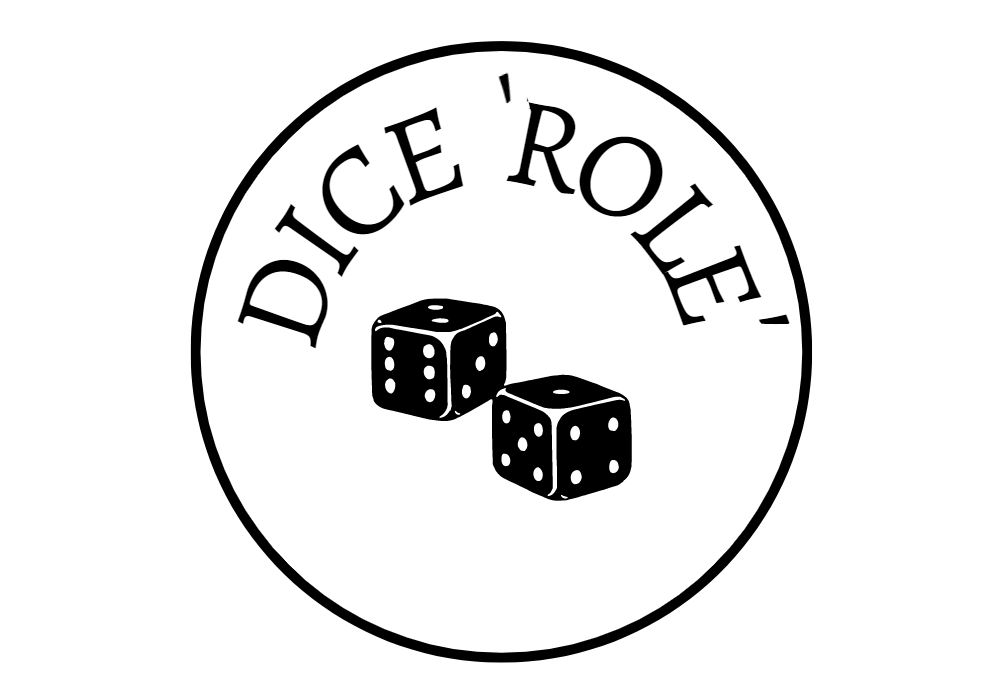
DICE ‘ROLE’: Disrupting Child Sexual Exploitation – Researching Onset of Young People’s Lived Experience with Coerced ‘Self-produced’ Material
This project focuses on how children and young people are being coerced to ‘self-produce’ Child Exploitation Material (CEM). This qualitative study will utilise an Interpretative Phenomenological Analysis to hear from children, young people and relevant professionals so they can identity the various pathways leading children ...

BPD Community Relational Support
Abstract: This project aimed to explore relational support as an area of learning and intervention contributing to more positive relationships, recovery, and wellbeing for people with lived experience of BPD. This study focused on family, friends and carers of someone with BPD as a priority ...

Stop It Now!
Abstract: Stop It Now! is an early intervention program that operates in North America, the United Kingdom and Ireland, and the Netherlands, and has also previously operated on a small scale in Queensland, Australia. The central aim of the Stop It Now! service is to ...
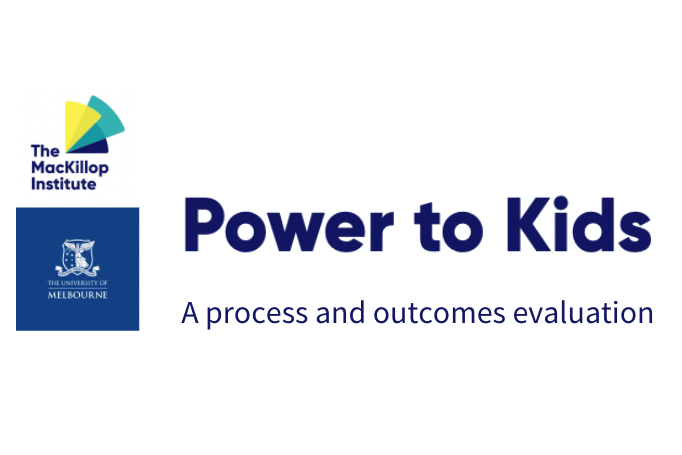
Power to Kids: Process & Outcomes Evaluation
Abstract: The Power to Kids program seeks to strengthen prevention and early intervention efforts in response to sexual exploitation, harmful sexual behavior and dating violence in residential care. This is achieved through: upskilling carers about sexual health and safety knowledge; building carers capabilities to prevent, ...
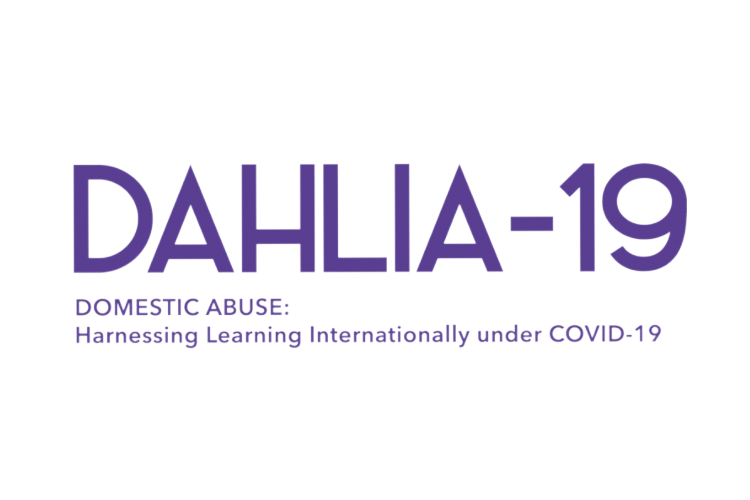
The DAHLIA-19 Project: Domestic Abuse Harnessing Learning Internationally under COVID-19
DAHLIA-19 is examining policy and practice responses in 4 upper or upper/middle income countries with established DA services where different strategies have been introduced. In each country, a team of academic researchers works with major partner organisations to ensure that the study can draw on ...

Intersection of animal and domestic and family violence
Perpetrators of family violence often threaten to abuse or harm family pets and animals as a way to exert control. This project is focused on building the evidence-base around connections between domestic violence and harm to animals. Our work includes contributing to the evidence through ...
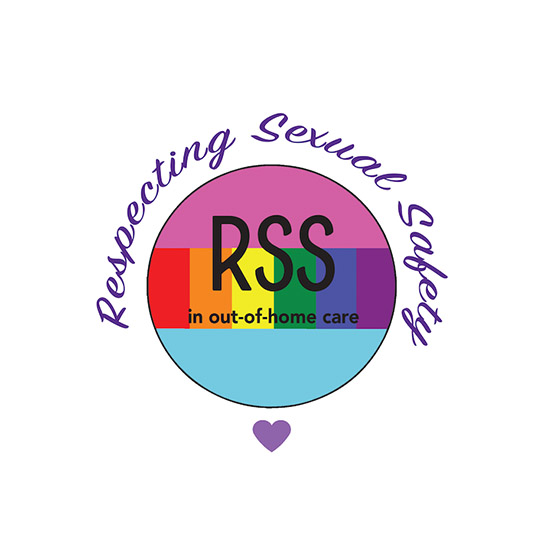
Respecting Sexual Safety in out-of-home care: An action research project
The Respecting Sexual Safety action research project aims to co-design and implement prevention strategies targeting harmful sexual behaviour, child sexual exploitation and dating violence for children and young people living in out-of-home care. Three prevention strategies are being trialled and evaluated in four residential houses ...

Safe And heard about Risk And safety – the SARA project
The aim of the SARA project is to explore how children experiencing domestic and family violence (DFV) can act as consultants to research projects and how they wish to be talked to by professionals about risk and safety. The study has two objectives: (i) develop ...

MAEVe: Melbourne research Alliance to End Violence Against Women
The Alliance involves a collaboration with GP Practice and Primary Care with Professor Cathy Humphreys from Social Work and Professor Kelsey Hegarty from General Practice as co-leads. It strives to make a difference to the lives of women and children affected by abuse and violence ...

Worried About Sex And Pornography Project – WASAPP
The aim of the WASAPP project is to synthesise current evidence and generate new evidence about secondary prevention of harmful sexual behaviour, and to apply that evidence to the co-design of a Stop it Now! service or online website response to young people worried about ...
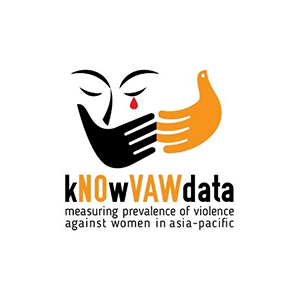
kNOwVAWdata: Measuring Violence against Women in the Asia Pacific
Reliable, comparable data on violence against women are essential to prevention and response efforts, however technical capacity to collect data about violence against women safely and accurately is limited. In light of this, UNFPA in partnership with the University of Melbourne, ANROWS, and Australian Department ...

Keeping Safe Together: Working with families who have experienced family violence – Evaluation project
Keeping Safe Together (KST) program offers a whole of family case management approach for families who have been impacted by family violence and want to stay together. Program staff work with mothers, fathers and children individually through both accountability and therapeutic lenses. The evaluation aims ...
PhD Projects

A systemic approach to advancing cross-sector collaboration between family violence and substance use service
This PhD project is an action research study that investigates systemic ways to improve cross-sector collaboration between substance use and family violence services. This project is nested within the KODY research. Researchers: Van Callaly, Cathy Humphreys, Margaret Kertesz, Jennifer Davidson, Anne-Marie Laslett Project Dates: 2021-2024 ...
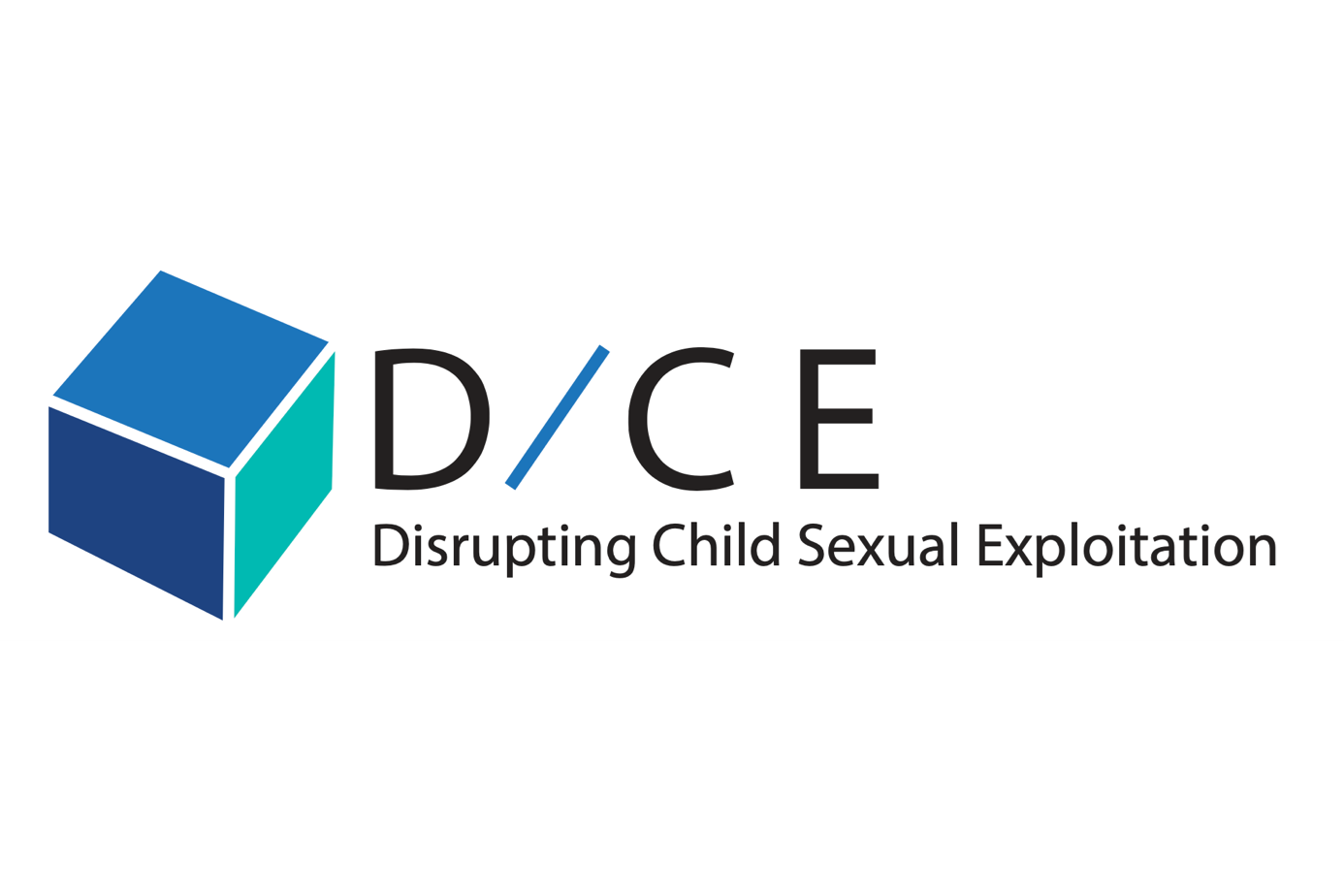
DICE: Disrupting child sexual exploitation
Abstract: The DICE project builds upon the work of Power to Kids as well as other multiagency initiatives such as the work of the Victorian Office of Professional Practice (Enhanced Response Model and Sexual Exploitation Protocol), to address the need for further development of a ...

“It happens to clinicians too”: An Australian prevalence and impacts study of domestic and family violence against health professionals
This PhD project is investigating the prevalence of domestic and family violence (DFV) in the lives of health professionals, and the impact of DFV on clinical work with survivor women patients. Researchers: Ms Elizabeth McLindon, Professor Cathy Humphrey and Professor Kelsey Hegarty Funders: The Sidney ...

The socio-cultural factors of adult family homicide
The research examines the socio-cultural factors of adult familial homicide in Victoria. The project aims to examine the role that socio-cultural factors can play for both the deceased and the offender and within intimate partner and other (non-intimate) family relationships. It is intended that the ...
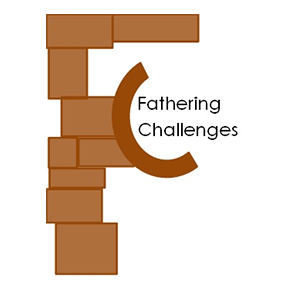
Investigating a model of reparation among university students and domestic violence perpetrators: understanding the psychological underpinnings
Understanding the psychological process of reparation and self-forgiveness has been an area of increased research interest over the last decade. Theoretical and empirical models have linked guilt, shame, self-oriented and other-oriented empathy, conciliatory behaviour and self-forgiveness together but there is a lack of clarity around ...

Co-designing a decision-making tool to assist GPs and practice nurses in the decision to report child abuse
General practitioners (GPs) and practice nurses (PNs) are mandated to report suspicion of child maltreatment in Australia. However, the decision to report child maltreatment is emotionally difficult for GPs and practice nurses. My project aims to co-design a decision-making tool to improve decision-making involving mandatory ...

Implementing a Novel Approach to Knowledge Translation with a Research Network – The Share Project
Despite ten years of growth in knowledge translation research there is still a gap between research findings and applying this knowledge in practice. Recently, there has also been a rapid expansion of domestic violence research, however there remains a lack of evaluation of their knowledge ...

Cloaked in Strength – An exploration of Aboriginal mothers’ experiences of family violence and the role of cultural practice as a tool of engagement, resilience and resistance.
The Cloaked in Strength study aims to explore Aboriginal mothers’ experiences of family violence using possum skin cloak making as a tool of engagement, resilience and resistance. It is built upon the core premises of Indigenous research: relationality and accountability, place, reciprocity and reflexivity. The ...
Past Projects
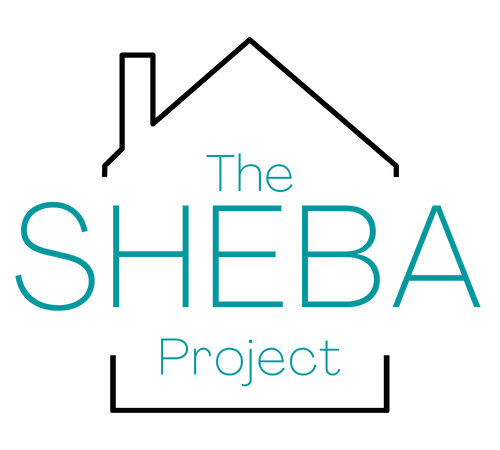
Safe at Home: Experiences, Barriers and Access (SHEBA) Project
Abstract: The Safe at Home, Experiences, Barriers and Access (SHEBA) Project drew on a strong partnership between researchers (University of Melbourne and University of NSW), Victorian Community Sector organisations providing family violence services (McAuley, Good Shepherd Australia and New Zealand, In-Touch, Centre of Non-Violence) and ...
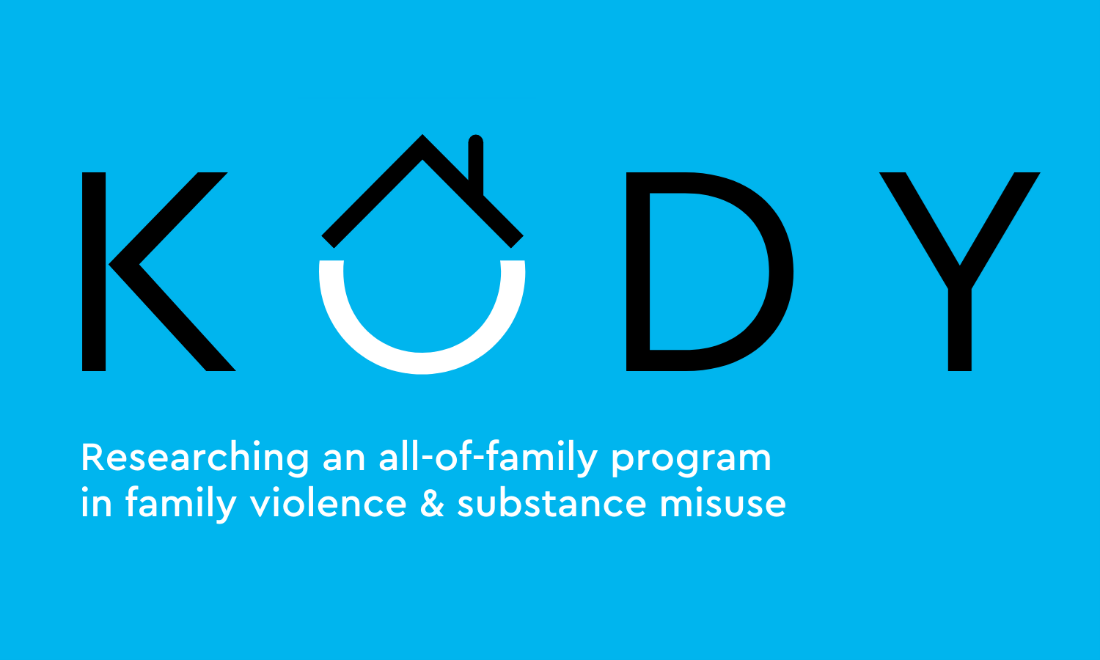
KODY: Researching an all-of-family program in family violence & substance misuse
The KODY research project (Kids First (Caring Dads) and Odyssey House Victoria (Kids in Focus) surrounded the innovative KODY intervention which aimed to address the combined impact of harmful behaviours, drugs and alcohol on family relationships. The KODY program took an all-of-family approach incorporating a ...
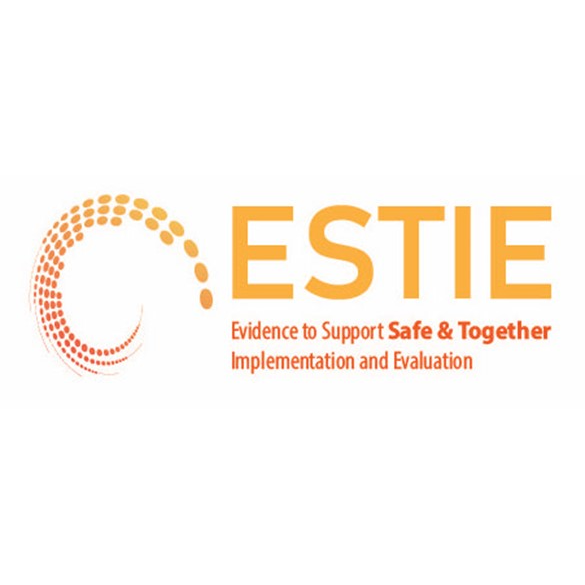
ESTIE: The Evidence to Support Safe and Together Implementation and Evaluation Project
ESTIE is an action research study that is simultaneously investigating and developing practitioner and organisational capacity to drive improvements in collaborative and holistic service provision for children and families living with DFV where parental issues of mental health and/or alcohol and other drug use co-occur ...
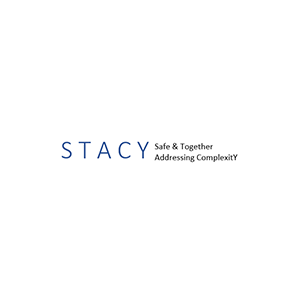
STACY for Children: Safe and Together Addressing ComplexitY focusing on children
STACY for Children (2019-20) involved two studies that investigated whether there was emerging evidence that the Safe & Together™ Model leads to better outcomes for children and families living with DFV and parental issues of alcohol and other drug misuse and/or mental health problems. Study ...

STACY: Safe and Together Addressing ComplexitY
The STACY Project aims to investigate and develop practitioner and organisational capacity to work collaboratively across services providing interventions to children and families living with domestic and family violence (DFV) and where there are parental issues of mental health (MH) and alcohol and other drug ...
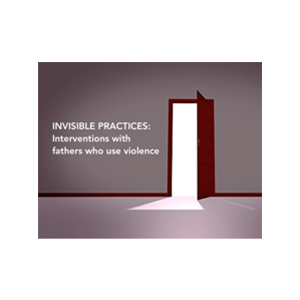
Invisible Practices: working with fathers who use violence
Invisible Practices was an action research project that involved the domestic and family violence-informed Safe & Together™ Model that capacity built participating organisations in NSW, Queensland, Victoria and WA in working with fathers who use violence. A multi-disciplinary, interagency Community of Practice (CoP) was established ...
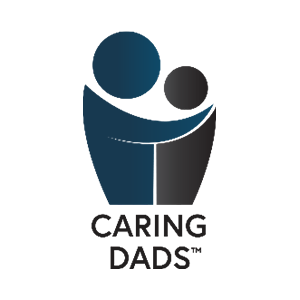
Caring Dads – Evaluation Project
Kids First (formerly Children’s Protection Society), in partnership with UnitingCare ReGen, Anglicare Victoria and IPC Health, are currently trialling and developing the Caring Dads program in Victoria, with a view to delivering the program across the state. In late 2016, our team was contracted to ...

RCUS: Reaching Children through Universal Services – Evaluation Project
This project is an evaluation of the Reaching Children Through Universal Services (RCUS) project (one of 26 Family Violence Therapeutic Interventions demonstration projects funded by DHHS across Victoria). As RCUS is a newly implemented demonstration project, the aims of this evaluation are to document the ...

CMIM: Children and Mothers in Mind – Evaluation Project
Children and Mothers in Mind (CMIM) is a group program for mothers and pre-school children who have experienced family violence in the past. Developed as Mothers in Mind by the Child Development Institute (CDI), Canada, the Children's Protection Society piloted Mothers in Mind in 2016-17 ...

Women who use force – Evaluation of Positive Shift
While the dominant pattern of domestic and family violence (DFV) is male violence perpetrated against women, there are some women who use force against adult members of their families. The majority of these women are themselves victims/survivors of DFV. At times women are wrongly identified ...

EVA: Evaluation, Violence, & Abuse – Building the Evidence
The EVA project is a 12-month evaluation capacity building initiative for family violence service providers in Australia. The project is a collaboration between Drummond Street Services and University of Melbourne to develop family violence specific evaluation resources, establish and develop a Community of Practice for ...
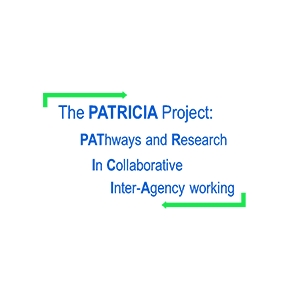
PATRICIA: PAThways and Research Into Collaborative Inter-Agency practice – Collaborative work across the child protection and specialist domestic and family violence interface
This project explored the relationship between statutory child protection and specialist domestic and family violence services in order to discern the elements that facilitate differential pathways and appropriate integrated service system support for the safety and well-being of women and children living with and separating. ...

Tilting Our Practice: A Theoretical Model for Family Violence in Child Protection Practice
This project developed a theoretical model to frame child protection practice where there are children living with family violence, in partial fulfillment of the Victorian Royal Commission recommendations for child protection workers. The integrative approach taken by the researchers builds on the foundations of The ...

Fathering Challenges: Reparative, Responsive, Responsible fathering where there is domestic and family violence
This ARC Linkage project is aimed at improving the parenting experience of children whose fathers have used domestic and family violence (D/FV) and brings together: researchers from The University of Melbourne, University of South Australia and Curtin University; a consortium of 23 NGOs (see list ...

Voices from young people living with fathers who use violence (a sub-project from Fathering Challenges)
The Young People’s Voices Project sought the perspectives of young people aged 9-21 years who have experienced family violence about what makes a good father, the impact of having a father who uses violence on his children as well as how/whether a father who uses ...